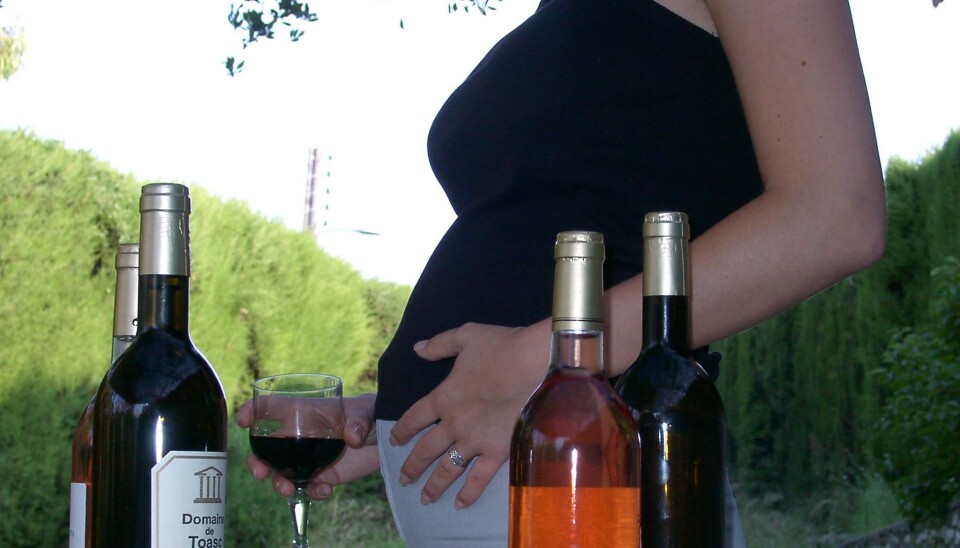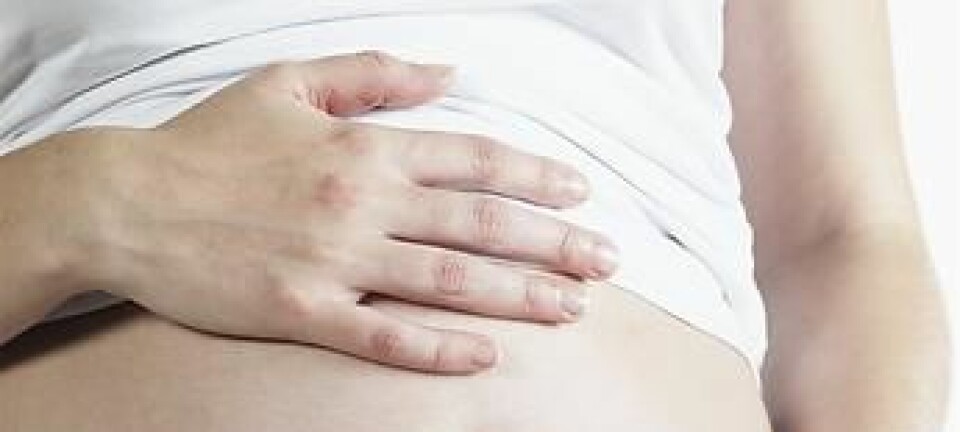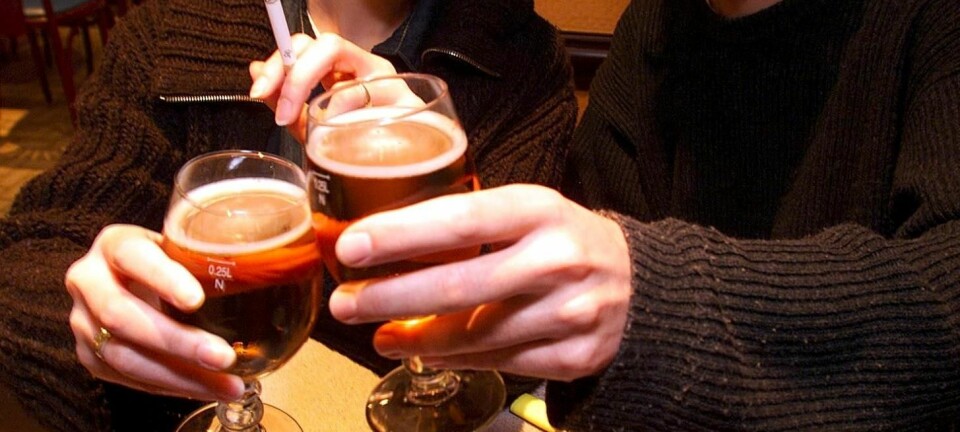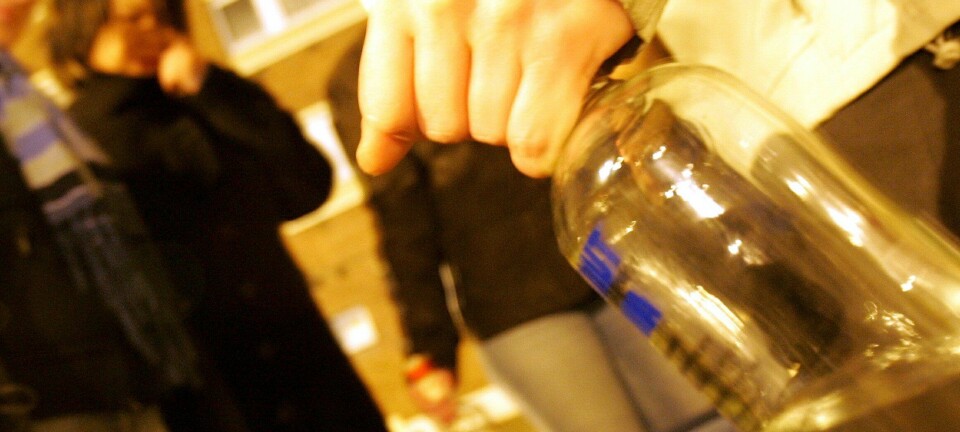
A single glass of wine can harm your foetus
The risk of miscarriage increases significantly if just two units of alcohol are consumed per week during pregnancy.
It has long been debated whether it is harmful for pregnant women to drink even small amounts of alcohol during pregnancy. A comprehensive new study shows that it can indeed be harmful.
The study shows that if a pregnant woman drinks two units of alcohol per week, the risk of miscarriage increases by 50 percent, while four units doubles the risk.
"It is not surprising that alcohol is harmful, but it is surprising that such tiny amounts increase the risk so much," says one of the researchers behind the study, Professor Anne-Marie Nybo Andersen at the Institute of Public Health, University of Copenhagen.
Even one unit is harmful
The study involved 91,843 pregnant women, corresponding to almost a third of all pregnancies in Denmark in the period 1996-2002. Other factors that can affect the risk of miscarriage and stillbirth such as maternal age, smoking and social status were also taken into account.
You should avoid alcohol completely when trying to become pregnant, and in the first four months of pregnancy. The less time the pregnancy has advanced, the greater the risk of miscarriage.
Professor Anne-Marie Nybo Andersen
"We took many possible sources of error into account, and have confidence in the study's finding that even a tiny amount of alcohol has a damaging effect," says the professor.
Minimising alcohol intake
Until now it has been unclear whether a single glass of wine could have any effect on the chances of foetal survival. Previous studies have produced inconclusive results.
The National Board of Health in Denmark recommends abstinence from alcohol during pregnancy, but a survey conducted among GPs shows that they think a modest amount of alcohol intake is okay. But the new study indicates a different recommendation:
"You should avoid alcohol completely when trying to become pregnant, and in the first four months of pregnancy. The less time the pregnancy has advanced, the greater the risk of miscarriage," says Andersen. "Our study shows no increased risk of stillbirth after four months, but there is no guarantee that alcohol does not affect the foetus in other ways. If you have to drink, you should restrict yourself to one unit and drink it slowly, to keep the alcohol level in the blood as low as possible."
A common occurrence
Miscarriage is relatively common. One in seven pregnancies end that way and, according to Professor Andersen, it not just the course of nature but a traumatising experience for the parents, which in some cases could be prevented:
"The basic risk is 10 percent at a conservative estimate, which means that 10 pregnancies out of 100 will result in miscarriage. If 1-2 units of alcohol were consumed per week in all 100 of those pregnancies, the miscarriage figure would rise to 15."
The findings of the study have been published in the International Journal of Epidemiology.
Translated by: Nigel Mander










